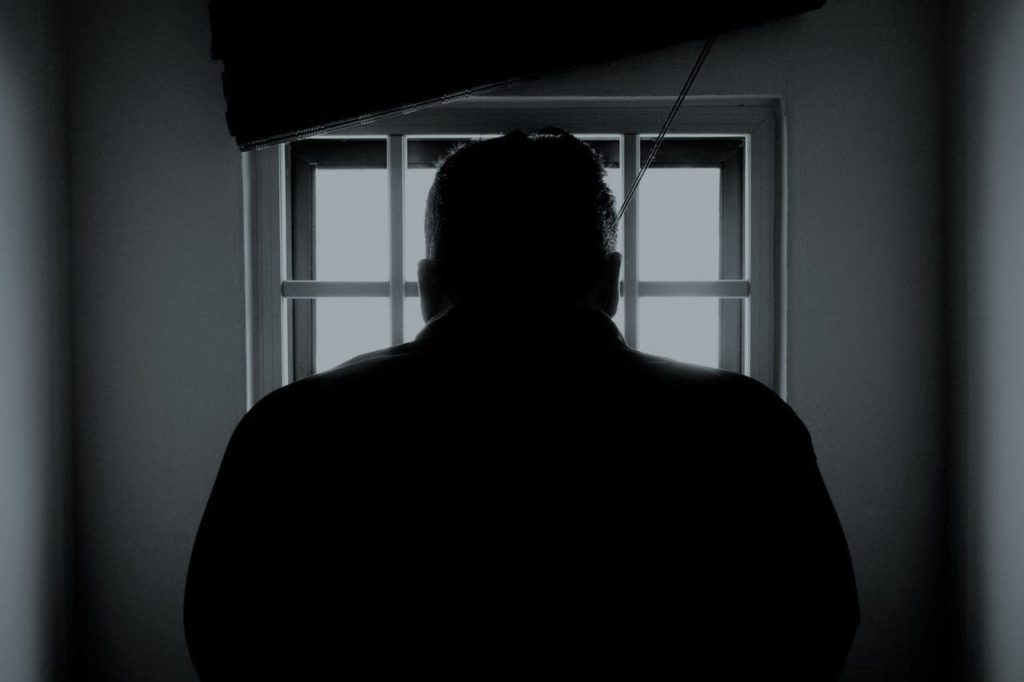Send your enquiry.
Contact us for a free, initial no obligation consultation.
"*" indicates required fields
Your information is safe and treated in accordance with our Privacy Policy
In this case, the defendant along with four others was charged with conspiracy to pervert the course of justice arising out of an accident in which a person died following a road traffic collision. The prosecution alleged that the defendant conspired together with others within the West Yorkshire and Lincolnshire region to conceal the vehicle that had been involved in a fatal road traffic collision in order to frustrate the police investigation, with intent to prevent the course of justice.
If convicted the defendant would have received a lengthy custodial sentence.
After careful and considerable negotiations with the prosecution and continued representations to them, Ashmans Solicitors were able to ensure that the case against the defendant was discontinued.
Perverting the Course of Justice
The offence of Perverting the Course of Justice is committed when an accused:
- does an act or series of acts;
- which has or have a tendency to pervert; and
- which is or are intended to pervert;
- the course of public justice.
The offence is contrary to common law and triable only on indictment. It carries a maximum penalty of life imprisonment and/or a fine. The course of justice must be in existence at the time of the act(s). The course of justice starts when:
- an event has occurred, from which it can reasonably be expected that an investigation will follow;
- investigations which could/might bring proceedings have actually started; or
- proceedings have started or are about to start.
In R v Cotter and Others [2002] EWCA Crim 1033 it was held that where the prosecution case is that a false allegation has been made, all that is required is that the person making the false allegation intended that it should be taken seriously by the police. It is not necessary to prove that she/he intended that anyone should actually be arrested. The offence of perverting the course of justice is sometimes referred to as “attempting to pervert the course of justice”. It does not matter whether or not the acts result in a perversion of the course of justice: the offence is committed when acts tending and intended to pervert a course of justice are done. The words “attempting to” should not appear in the charge. It is charged contrary to common law, not the Criminal Attempts Act 1981: R v Williams 92 Cr. App. R. 158 CA. The offence of perverting the course of justice overlaps with a number of other statutory offences. Before preferring such a charge, consideration must be given to the possible alternatives referred to in this Charging Standard and, where appropriate, any of the following offences: (source)




